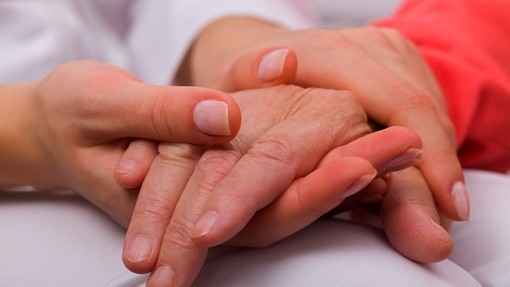Coroners statistics 2022

Coroners statistics 2022
The 2022 coroners statistics were published by the Ministry of Justice on 11 May 2023 and shed light on the national coronial picture for the last year.
We set out below some key figures arising from the statistics:
- Increase in the number of deaths reported to coroners in 2022. There were 208,400 deaths reported to coroners in 2022, the highest level since 2019 – up 7% (13,300) compared to 2021.
- 36% of all registered deaths were reported to coroners in 2022. The proportion of registered deaths in England and Wales reported to coroners is at the highest level since 2019. An increase of 13,250 (7%) from 2021. Conversely, 11% more inquests were opened in 2022. 36,300 inquests were opened in 2022, up 11% compared to 2021.
- Deaths in state detention had reduced 8% in the last year – the decrease was driven by a 20% fall in deaths in prison custody. There has however been an increase in number of deaths in state detention when you look at a period of 11 years, from 321 in 2011 to 534 in 2022.
- There were 403 PFD reports issued by coroners in 2022, down 8% compared to 2021. The categories included community healthcare, care home related deaths, hospital deaths and mental health related deaths. Please see this article for a thematic review of recent PFD reports.
For further information and support, please get in touch.






